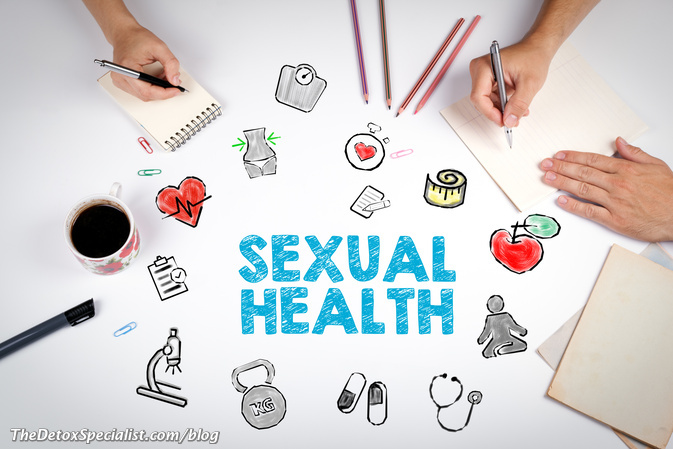
As a woman, your sexual health is an essential part of your overall wellbeing. Sexual health encompasses not only physical health but also mental and emotional wellbeing. Taking care of your sexual health is crucial for preventing sexually transmitted infections (STIs), reducing the risk of unintended pregnancies, and ensuring a healthy and enjoyable sex life.
Furthermore, when you add on the fact that many conditions, such as endometriosis, can go undiagnosed and untreated, it’s time to start taking your sexual health seriously. Therefore, here is a guide as to how to prioritize your sexual health.
Related reading: Detox for a Satisfying Sex Life
Get to the Bottom of Any Health Issues
Healthcare as a whole has a long history of ignoring or brushing off women’s pain, especially when it comes to reproductive health. If you experience painful periods – or other common issues related to your reproductive system – then know that this isn’t normal. If your regular doctor refuses to listen, it’s time to go to the experts such as those found at londonpregnancy.com. These gynaecologists use 2D and 3D ultrasounds to get to the bottom of many conditions and can help women learn if they have issues including fibroids, endometriosis, or PCOS (polycystic ovary syndrome). Finally, get an answer, and, most importantly, start treatment that can actually help.
Get Regular STI Testing
Getting regular STI testing is crucial for maintaining your sexual health. Many STIs do not cause symptoms, so it’s important to get tested regularly even if you feel fine. This should be done even if you regularly use condoms and practise safe sex. After all, you should be using condoms or dental dams for oral sex as well as penetrative sex, and yet many people forget to do this. Testing can help identify and treat any infections early on, therefore preventing long-term health complications and the spread of infection to future sexual partners.
Use Protection
Using protection during sex is important for preventing STIs and unintended pregnancies. Use condoms, dental dams, or other barrier methods to reduce the risk of STIs. If you are in a steady relationship and have both been tested, you may choose to use birth control methods such as the pill, coil, or IUD instead to prevent unintended pregnancies. Protection can also include preventative measures, such as taking PrEP to avoid the risk of contracting the HIV virus.
Communicate with Your Partner
Communication is one of the most crucial factors in any relationship, and it’s key to maintaining a healthy and enjoyable sex life. Talk to your partner about your sexual health, preferences, and any concerns or questions you may have. Always ensure sure you’re both on the same page regarding safe sex practices and contraception.
Prioritize Your Mental and Emotional Health
Your mental and emotional wellbeing can also affect your sexual health. Prioritize self-care and seek support if you are struggling with anxiety, depression, or any other mental health concerns. Talk to a therapist or counsellor if needed to address any issues affecting your sexual health. Mental health is intrinsically linked to every aspect of your body, so caring for your mental health can have benefits such as improving your libido or even making it easier to conceive if you’re trying to get pregnant.



